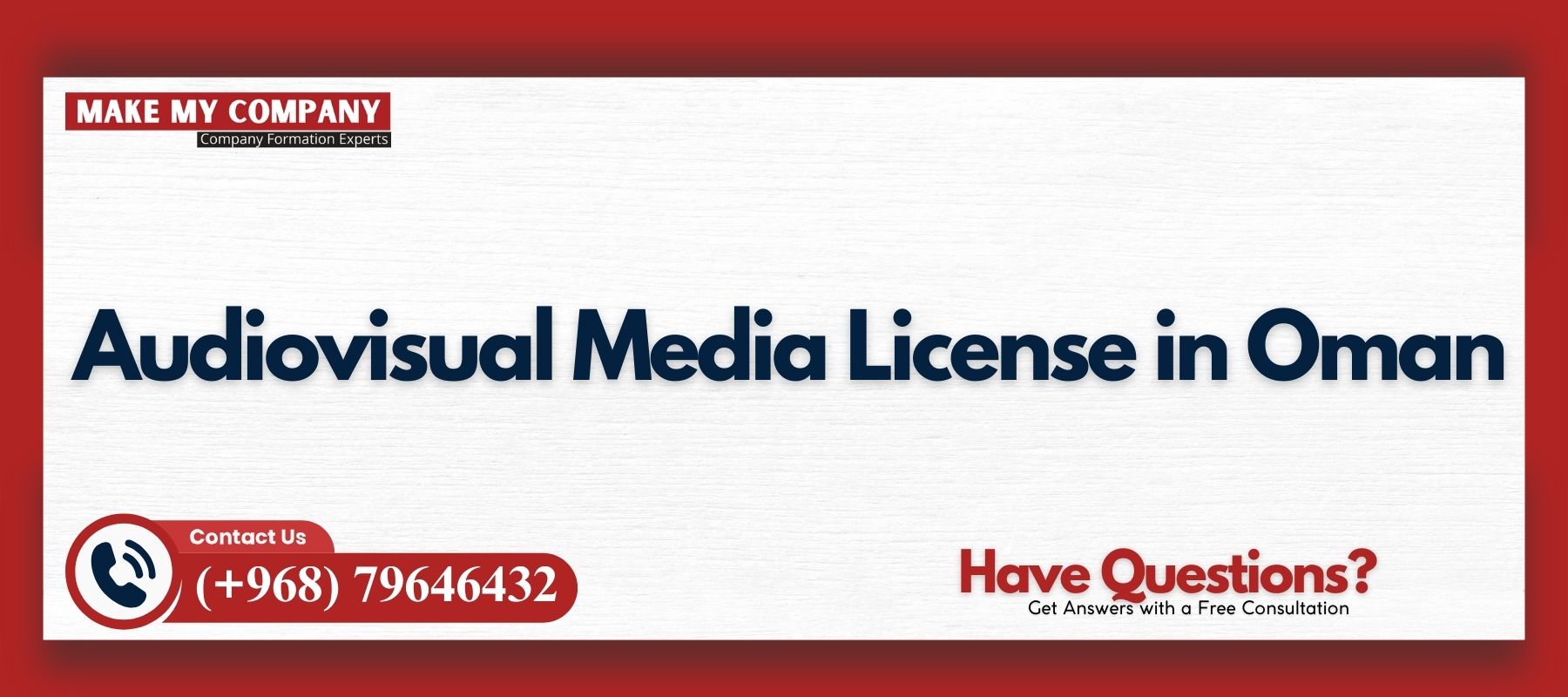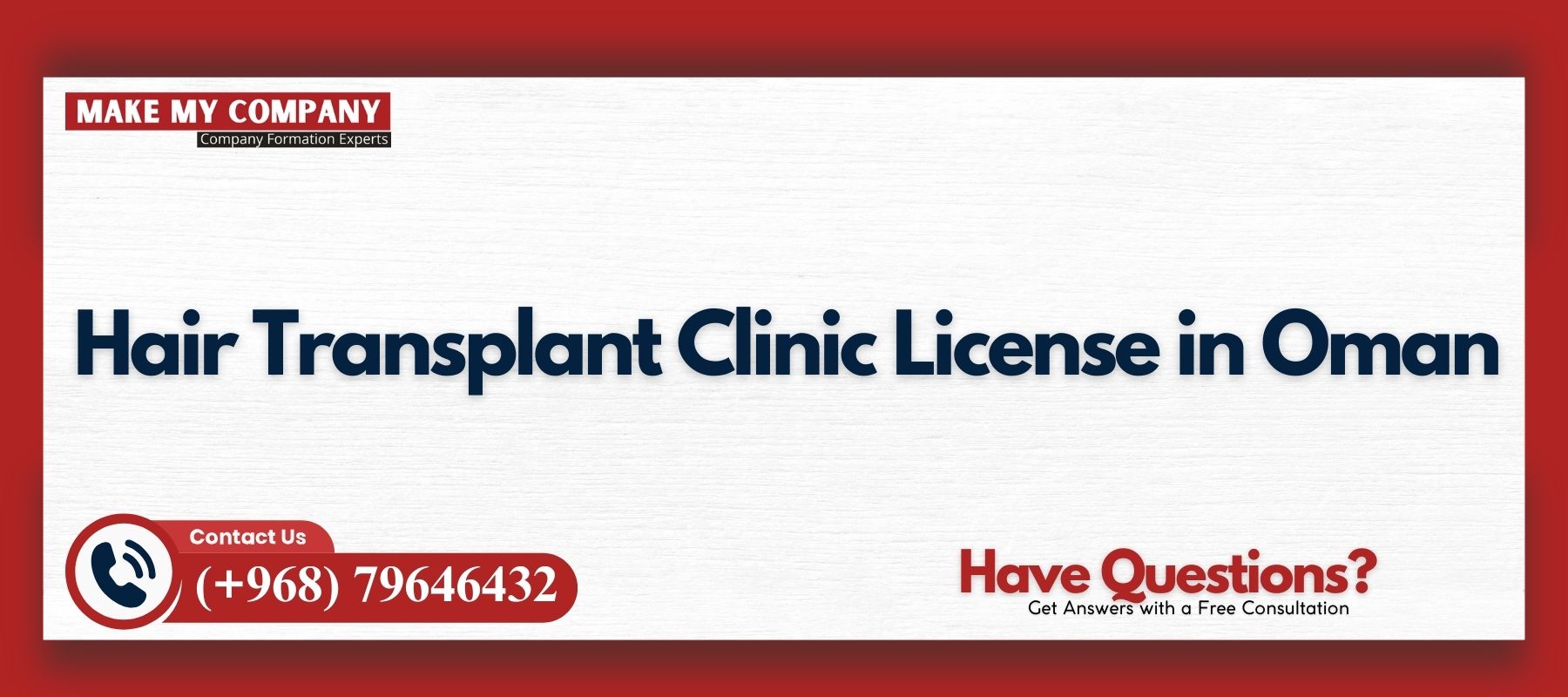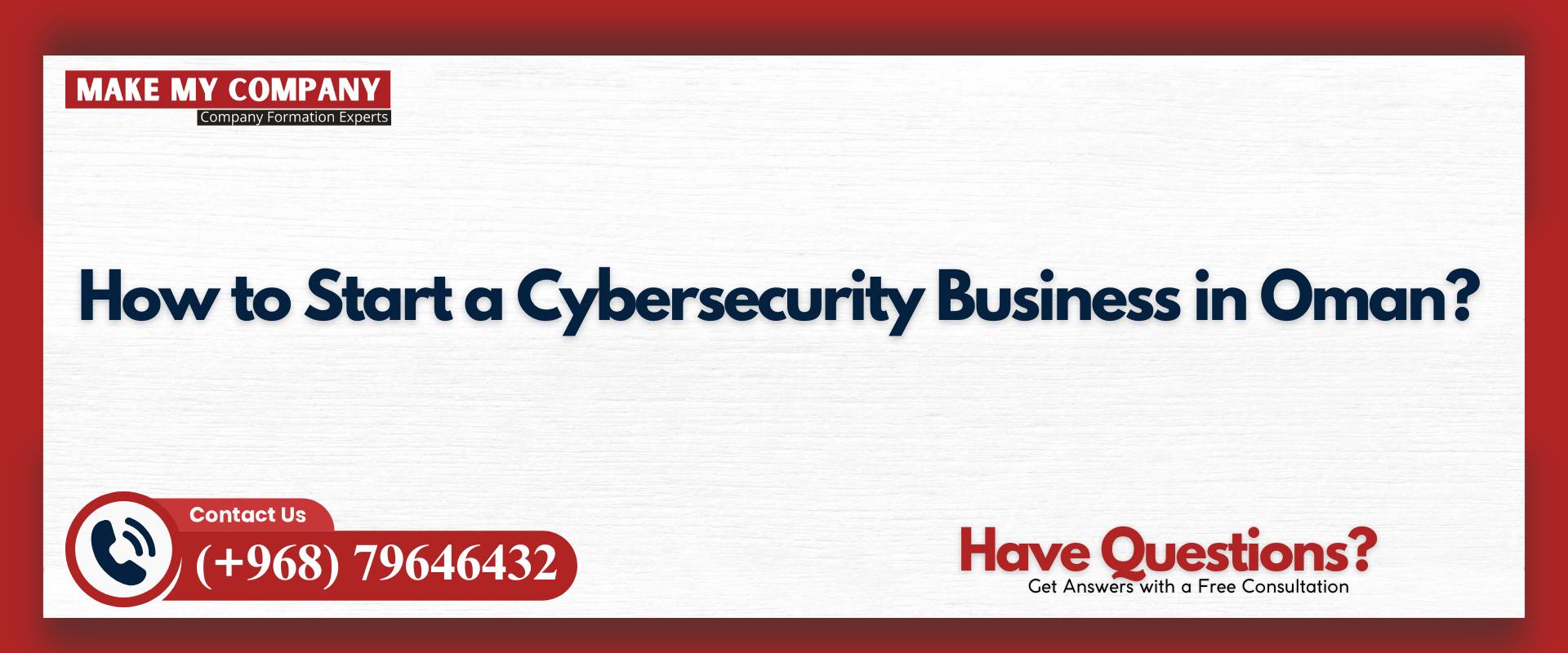The oil and gas sector serves as the backbone of Oman’s economy, offering immense potential for businesses and investors from around the world. Oman’s strategic geographical position, coupled with its extensive reserves of oil and gas, provides an ideal environment for companies aiming to capitalize on the growing global energy demand. We will explain to you the steps, requirements, and opportunities associated with acquiring an oil and gas license in Oman, helping you navigate the complexities of the Oil Business in Oman and the Gas Business in Oman with ease.
Understanding Oman’s Oil and Gas Sector
Oman’s oil and gas sector stands out as a cornerstone of its economic framework. As the largest non-OPEC oil producer in the Middle East, Oman continues to attract attention from global investors. The country’s proven reserves of crude oil and natural gas, combined with robust exploration and production activities, provide a steady stream of resources. Additionally, Oman’s Vision 2040 initiative underscores its commitment to sustainable development and energy innovation, ensuring the sector’s long-term viability. Oman’s strategic location along major international shipping routes enhances its appeal, allowing seamless access to Asian, African, and European markets. The country has also established itself as a reliable player in international energy markets by maintaining long-term contracts and ensuring consistent supply. Investments in infrastructure, such as ports, refineries, and pipelines, further bolster Oman’s reputation as an ideal destination for energy-related ventures.
What is an Oil & Gas License in Oman?
An oil and gas license in Oman is an official authorization issued by the Ministry of Energy and Minerals (MEM), enabling businesses to legally engage in various activities, including exploration, production, refining, transportation, and distribution of oil and natural gas. This license ensures that companies adhere to Oman’s stringent environmental, safety, and operational regulations. Obtaining a license not only guarantees compliance with local laws but also enhances a company’s credibility. Failure to secure the appropriate license can result in hefty fines, operational disruptions, or permanent shutdowns. Therefore, navigating the licensing process is a critical step for any entity aiming to enter this lucrative market.
Types of Oil and Gas Licenses Available in Oman
Oman’s government provides various types of licenses tailored to different activities within the oil and gas sector. Each license comes with specific requirements and responsibilities:
Exploration and Production License
This license is granted to companies conducting geological surveys, seismic studies, and drilling activities to locate oil and gas reserves. It is often the first step for businesses entering the sector and requires technical expertise and financial stability.
Refining and Processing License
Entities aiming to convert crude oil into refined products or process natural gas into liquefied forms must acquire this license. The process involves adhering to strict environmental and safety standards due to the complexities of refining operations.
Storage and Transportation License
This license covers the storage, handling, and transportation of oil and gas products within Oman or for export. Companies must meet safety and logistical requirements to ensure secure operations.
Trading and Distribution License
Businesses managing the sale and distribution of petroleum products, both domestically and internationally, require this license. It focuses on logistical coordination and the establishment of supply chains.
Why Invest in Oman’s Oil & Gas Sector?
Oman presents a lucrative environment for investment in the oil and gas sector due to several factors:
Abundant Resources
Oman’s extensive reserves of hydrocarbons ensure a steady supply for decades, making it an attractive destination for long-term investments. These resources form the backbone of Oman’s economy, providing significant opportunities for businesses.
Strategic Geographical Position
Located along vital maritime routes, Oman serves as a gateway to global markets. Its proximity to energy-hungry regions like South Asia, Europe, and Africa provides unparalleled logistical advantages.
Supportive Regulatory Environment
The government’s pro-business policies, such as tax exemptions, reduced bureaucratic hurdles, and financial incentives, create an investor-friendly climate. These measures are aimed at attracting foreign direct investment to the energy sector.
Robust Infrastructure
Oman’s world-class infrastructure, including ports, refineries, and pipelines, facilitates seamless operations. The ongoing development of free zones further enhances the ease of doing business in the country.
Step by Step Guide to Getting an Oil & Gas License in Oman
Obtaining an oil and gas license in Oman is a structured process, and understanding each step ensures a smooth application and approval journey. Below is an in-depth explanation of the key stages involved:
Research and Planning
Begin by identifying the specific type of license that aligns with your business objectives. Research the regulatory framework, market potential, and financial requirements to ensure a solid foundation.
Preparing Documentation
Gather essential documents, including your business registration certificate, a detailed business plan, financial statements, and identification documents of stakeholders. Ensure compliance with environmental regulations by obtaining an Environmental Impact Assessment (EIA) report.
Submitting the Application
File your application with the Ministry of Energy and Minerals. Ensure all supporting documents are accurate and complete to avoid delays in the evaluation process. The authorities will assess your technical capabilities, financial strength, and alignment with national energy goals.
Obtaining Regulatory Approvals
Depending on your operations, you may need approvals from additional agencies such as the Ministry of Commerce and Industry (MOCI), Royal Oman Police, and environmental authorities. These approvals are critical to advancing your application.
Paying Licensing Fees
Once your application is approved, pay the required fees as per the government’s fee structure. Licensing costs vary based on the type and scale of operations, so consult with relevant authorities for accurate figures.
Securing Operational Permits
After obtaining the license, apply for operational permits, including safety certifications, equipment approvals, and workforce permits. These are essential to ensure compliance with local laws and industry standards.
Essential Documents for Oil & Gas License in Oman
To ensure a seamless application process, prepare the following documents:
Incorporation Certificate
This document validates your company’s legal status and registration in Oman, ensuring eligibility to apply for a license.
Business Plan
A comprehensive business plan outlining financial projections, operational strategies, and market entry goals is mandatory for a successful application.
Environmental Impact Assessment
The EIA report demonstrates your commitment to sustainability and adherence to Oman’s environmental laws. It is a critical component of the application process.
Financial Statements
Submit detailed financial records to showcase your company’s stability and capability to manage large-scale energy projects.
Stakeholder Credentials
Provide identification and professional details of all stakeholders involved in the business. This ensures accountability and transparency.
Cost of Oil & Gas License in Oman
The costs associated with obtaining an oil and gas license in Oman vary. Key expenses include:
Application Fees
Application fees typically range between OMR 1,000 and OMR 5,000, depending on the license type and scale of operations.
Capital Investment
The initial investment required varies between OMR 50,000 and OMR 100,000. This includes infrastructure development, equipment procurement, and operational setup.
Operational Expenses
Ongoing costs include workforce salaries, maintenance, and compliance certifications necessary for continued operations.
Benefits of Securing an Oil & Gas License in Oman
Securing an oil and gas license in Oman opens the door to a wealth of opportunities and advantages, setting your business up for long-term success in one of the most dynamic energy markets in the world. Below is an in-depth exploration of the benefits:
Market Access
An oil and gas license grants businesses the legal authority to operate within Oman’s domestic energy markets and participate in international trade. With Oman’s strategic location, businesses can easily access energy-hungry markets in Asia, Europe, and Africa. This access allows companies to expand their operations beyond borders and establish themselves as key players in the global energy supply chain.
Government Incentives
The Omani government actively supports businesses in the oil and gas sector by offering a variety of incentives. Licensed companies benefit from tax exemptions, reduced customs duties, and subsidies that lower operational costs. Additionally, the government provides access to state-of-the-art infrastructure, including modern ports, refineries, and transportation networks, enabling efficient operations.
Enhanced Credibility
Operating under an official oil and gas license significantly boosts a company’s credibility and reputation. Stakeholders, investors, and clients perceive licensed companies as reliable and compliant with regulatory standards. This enhanced credibility fosters trust and paves the way for establishing long-term partnerships and securing lucrative contracts in the competitive energy industry.
Competitive Edge
Licensed businesses enjoy a competitive edge over unlicensed operators. A license ensures compliance with Omani regulations, providing protection from legal complications and operational disruptions. This compliance also enables businesses to bid for government projects and collaborate with international energy firms, expanding their market presence and profitability.
Sustainability and Innovation
Obtaining a license also positions your business as a responsible and forward-thinking entity. The licensing process often involves demonstrating adherence to environmental standards and implementing sustainable practices. This focus on sustainability not only aligns with Oman’s Vision 2040 goals but also resonates with global stakeholders who prioritize environmentally friendly operations.
Access to Resources
An oil and gas license allows businesses to explore and utilize Oman’s abundant hydrocarbon resources. Whether engaging in upstream activities like exploration and drilling or downstream processes like refining and distribution, the license ensures secure and lawful access to these valuable resources, unlocking opportunities for revenue generation.
Long-Term Stability
The licensing framework in Oman is designed to provide stability and predictability for businesses. Once obtained, a license offers a solid legal foundation, protecting your operations from unexpected regulatory changes. This stability allows businesses to plan and invest with confidence, ensuring sustainable growth over the long term.
Conclusion
Acquiring an Oil License in Oman or a Gas License in Oman is a comprehensive process requiring meticulous planning, adherence to regulations, and a clear understanding of the industry’s dynamics. By navigating the requirements effectively and leveraging Oman’s vast resources and strategic advantages, businesses can secure a thriving position in the energy sector. For further assistance, partnering with a reputable Business Setup Company in Dubai can streamline the process and provide expert guidance for regional expansion.









